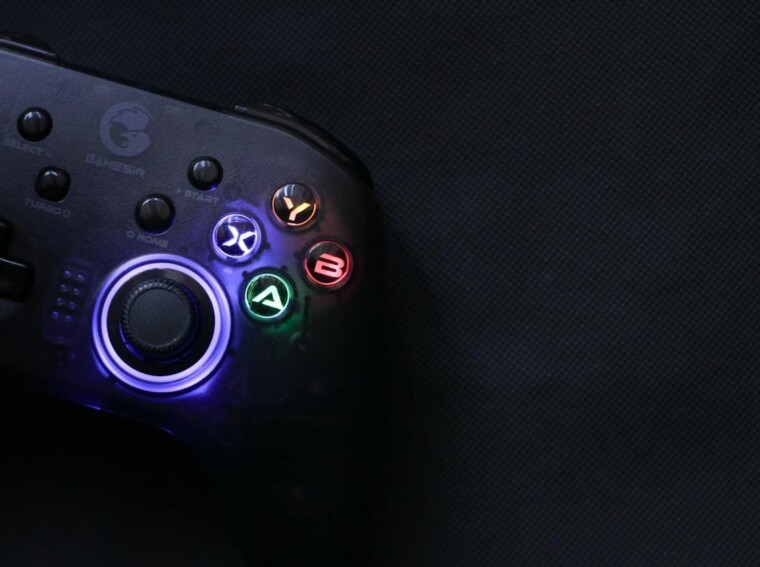Over the years, the presence of backward compatibility has enhanced a number of gaming systems, allowing players to get back and enjoy old games without going back to find their old hardware. However, as technology continues to evolve, it is hard not to notice an alarming trend: game console manufacturers today seem to be less interested in preserving gaming’s past than they are in their own future.
Backward compatibility is technology that Sony, Microsoft, and even Nintendo have tried and are still working on in today’s consoles in some cases. But it has been intermittent, with some machines that can play old discs and others that limit users to only the newest (and most expensive) titles. To what extent does this mean backward compatibility is tottering about on its last legs?
The Business of Backward Compatibility
At its root, backward compatibility is about convenience. Gamers don’t want to leave their libraries behind, particularly when they migrate over to newer hardware. But from an economic standpoint, not all businesses love the idea of permitting players to play old games over again without paying yet more money for them.
Today, digital storefronts are crammed full of remastered editions and subscription services offering classic game collections. Instead of simply popping in an old disc and playing, the player often has to buy a remastered game or subscribe in order to get access to a library of nostalgia. Even games that seem likely to remain available endlessly can vanish in a blink on account of copyright complications. It’s a model that maximizes returns for business but leaves players wondering whether they truly own their games in the end.
This is true in the online world too, but it’s notable that many platforms work hard to preserve the classics we know and love – such as the online casino. A lot of online casinos pay homage to their early roots by creating slots with themes that focus on the retro vibe; they might not be the exact game you remember, but they recapture the magic, the nostalgia, the beauty of gaming in the ‘90s – and bring it into the modern era. Slots with themes like this are an excellent demonstration of gaming companies looking at what players want and responding by supplying it, a demonstration of service-meets-demand.

There are, of course, plenty of new and shiny slots too, brimming with innovative features and fun… but that call-back is certainly there, and gamers are all the happier for it. Maybe modern gaming companies need to take a leaf out of the casino’s book!
But it might not always be so simple, so let’s look at the practicalities next.
Problems This Technology Is Facing
Beyond business decisions, there are technical reasons why backward compatibility isn’t always guaranteed. Hardware architecture changes with each new console generation, making it difficult to ensure older games run smoothly on new systems. The PlayStation 3’s complicated cell processor is one reason why Sony has been unable to make PS3 games natively playable on later consoles.
One way around it is emulation, but emulation hasn’t quite cut the mustard, and games may not run properly. Running old games in new systems just doesn’t work fully yet. The Xbox has made it look easy to bring older games over to new systems, but the fact is that this method won’t save every title.
During a transition to streaming services like Xbox Cloud Gaming and PlayStation Plus, we see various other issues crop up. Games relying on streaming require a good Internet connection and it becomes confusing and frustrating when titles can be removed from the catalog with little warning or apparent reason!
It’s also notable that physical versions are disappearing. More publishers are making digital sales a priority, subscription services are gaining a wider acceptance, and any future for physical media looks uncertain. Some companies have shut down the digital stores for their old consoles. Nintendo, for example, blocked off the channels through which one would access thousands of games. Once the servers are gone, that content is gone unless you already possess it.
The Importance of Preserving the History of Video Gaming
Its entertainment value aside, gaming is a social phenomenon. The industry itself has changed almost beyond recognition since the days of arcade machines and 8-bit games, but many of those early experiences are still valuable today and deserve to be kept alive for their potential importance tomorrow. This is not simply an exercise in nostalgia; it is a studying and recording that future generations may someday want.
This broader discussion has many different facets and angles that those who truly love gaming might want to explore. One of the big ones is whether video games will be the first form of the new metaverse, for example! All of this matters and deserves recognition, both by players and games developers.

Old-school video games have shaped modern gaming today on a multitude of levels – and we cannot afford to lose that history either because we’ve been cut off from it through unsupported hardware or because outdated digital rights management takes away pieces of culture. The video below is a great reminder of what the ‘80s and ‘90s meant to us all, and why we should be fighting to preserve games that came out of this pivotal era.
PLEASE EMBED THIS LINK
Will Backward Compatibility Continue?
There will continue to be traces of backward compatibility as long as there are people who want it. However, we’re not likely to see it on a wide scale in the future; it’s not profitable and it’s not easy to do. The practice of simply slipping an old disc into one’s new, exciting, and improved console may be on the way out completely as we move toward cloud gaming… and whether this is good or bad depends on how much control gets handed over by the player.


